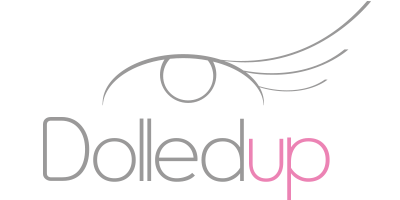Coeliac disease is becoming one of the most common diseases in Ireland. There is a lack of knowledge of the condition in Ireland and this has led to a lot of cases going unnoticed. Coeliac disease is when there is an abnormal reaction by certain cells in the immune system to the protein gluten.
Symptoms of coeliac disease can be chronic diarrhoea, severe cramping, chronic fatigue, anaemia, weight loss and reoccurring ulcers.
Gluten is the term used for the type of protein that is found in wheat and other relating grains. When gluten is ingested the lining of the small intestine becomes damaged which affects the absorption of nutrients. Examples of nutrients which can’t be absorbed are calcium and iron, essential nutrients for the body. When it is ingested regularly it damages the small intestine, constant damage requires ongoing repair. This can increase the risk of cancer in the small intestine. Gluten intolerance can manifest itself in other ways such as a skin reaction also.
There is no cure for coeliac disease however there are ways to manage it. Adjusting your diet when you have coeliac disease is extremely important, you need to be aware of foods that you can and cannot eat. Once you adjust your diet coeliac disease can be effectively managed through diet alone.
As menioned before there is no direct link between coeliac disease and infertility however the symptoms of coeliac disease can interfere and reduce your chances of conceiving. For example weight loss can affect your optimal bmi for conceiving so it’s important that if you experience any of the symptoms above that you get checked by your GP.
For more information, visit Pillar Healthcare HERE … come join us on Facebook & Twitter
